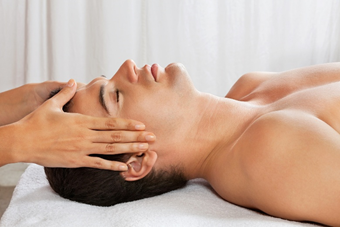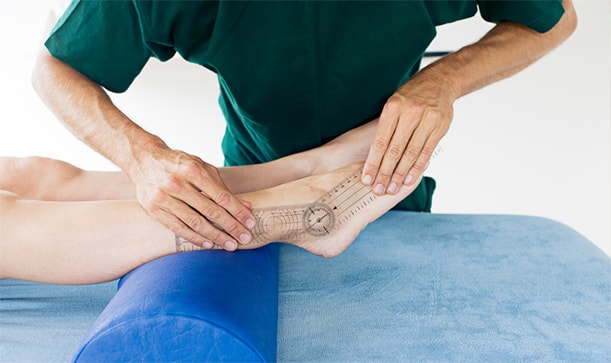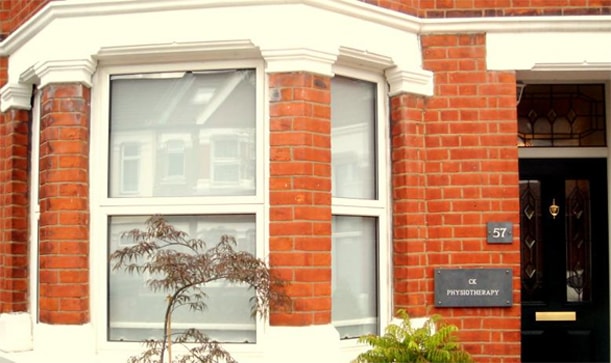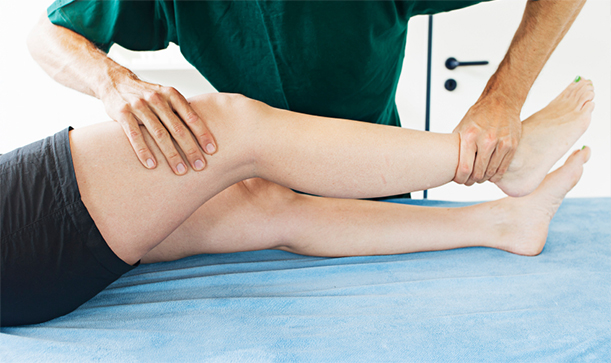CK Physiotherapy
AREAS COVERED
W7, W5, W13, Ealing, West London
57 Elthorne Avenue
Hanwell, W7 2JY
T: 020 8566 4113
M: 079 572 46185
E: info@ckphysio.co.uk
Location / Parking
We are situated in Hanwell, between Boston Manor Road and Northfields Avenue, south of the Uxbridge Road.57 Elthorne Avenue
Hanwell, W7 2JY
There are parking restrictions Mon - Fri 9-10am and 2-3pm. If you need a permit during this time please inform your therapist when you arrive. There are no parking restrictions at other times.
Opening Times
Please phone the number above during working hours to make an appointment. Our reception service will be happy to book your session.
London Underground / Bus Services
London Underground
10 min. walk from Boston Manor Tube Station.
15 min. walk from Northfields Tube Station.
Bus Service
E8, E3, E2, 207, 607, 83
Request Call Back
Our Blog
Physiotherapy in London Can Help You Recover After A Stroke
By: BryanKelly (Psst, View author in Google Plus) Date: Nov 27th, 2015If a stroke has damaged the motor cortex (part of your brain that controls movement), you may have weakness or paralysis on one side of your body. This may make it more difficult for you to move around and perform everyday activities. Your brain cannot grow new nerve cells to replace the ones that have been damaged, so your recovery depends on your brain’s ability to make new connections between its undamaged nerve cells. Physiotherapy in London can play an important role in helping your brain make these connections and use them efficiently.

What Does Physiotherapy Involve?
Physiotherapists such as those from CK Physio in London use a vast range of techniques to aid your recovery after a stroke. These may include:
Therapeutic Movements and Exercises
Therapeutic movements and exercises are an important part of a physiotherapy programme. Designed to improve your mobility and strengthen the weakened areas of your body, they need to be repeated frequently, usually daily, for several weeks. In addition to specific exercises, you may be advised to engage in gentle activities, such as swimming and walking, if it is safe for you to do so.
Manual Therapy
Manual therapy is a hands-on technique designed to mobilise your joints and soft tissues. It is used to relieve pain and stiffness and improve blood circulation.
Other Techniques
Other widely used techniques that may help speed up your recovery include:
Acupuncture
Fine needles are inserted into your body at acupuncture points. This technique is often used alongside other techniques to reduce pain and inflammation.
Transcutaneous Electrical Nerve Stimulation (TENS)
A small, battery-operated device is used to deliver small electrical impulses to the affected area of your body. The tingling sensations produced by the electrical impulses can help suppress pain signals to your brain.
Ultrasound Therapy
High-frequency sound waves are used to enhance blood circulation in the treated area. This technique is thought to help reduce muscle spasms and pain, as well as improve mobility.
Physiotherapy may be hard work for you and your physio in London, but by re-educating your brain and body through guided movement, you will increase your chance of a more positive rehabilitation outcome.
Sources:
Neuroplasticity, whatIsNeuroplasticity.com
Physiotherapy - How it works, NHS.uk





